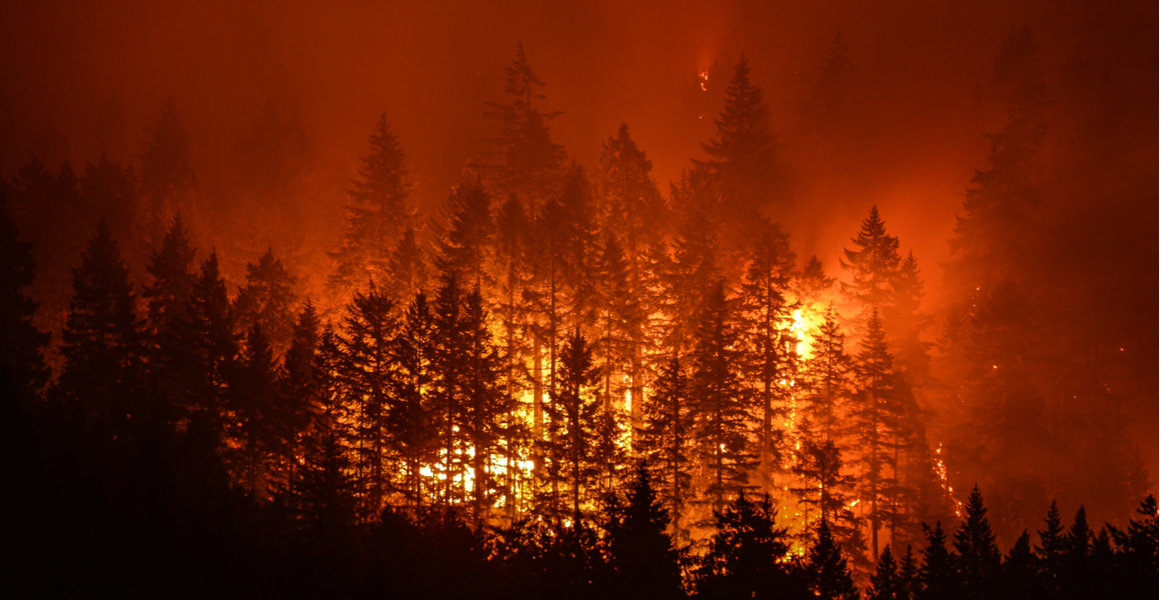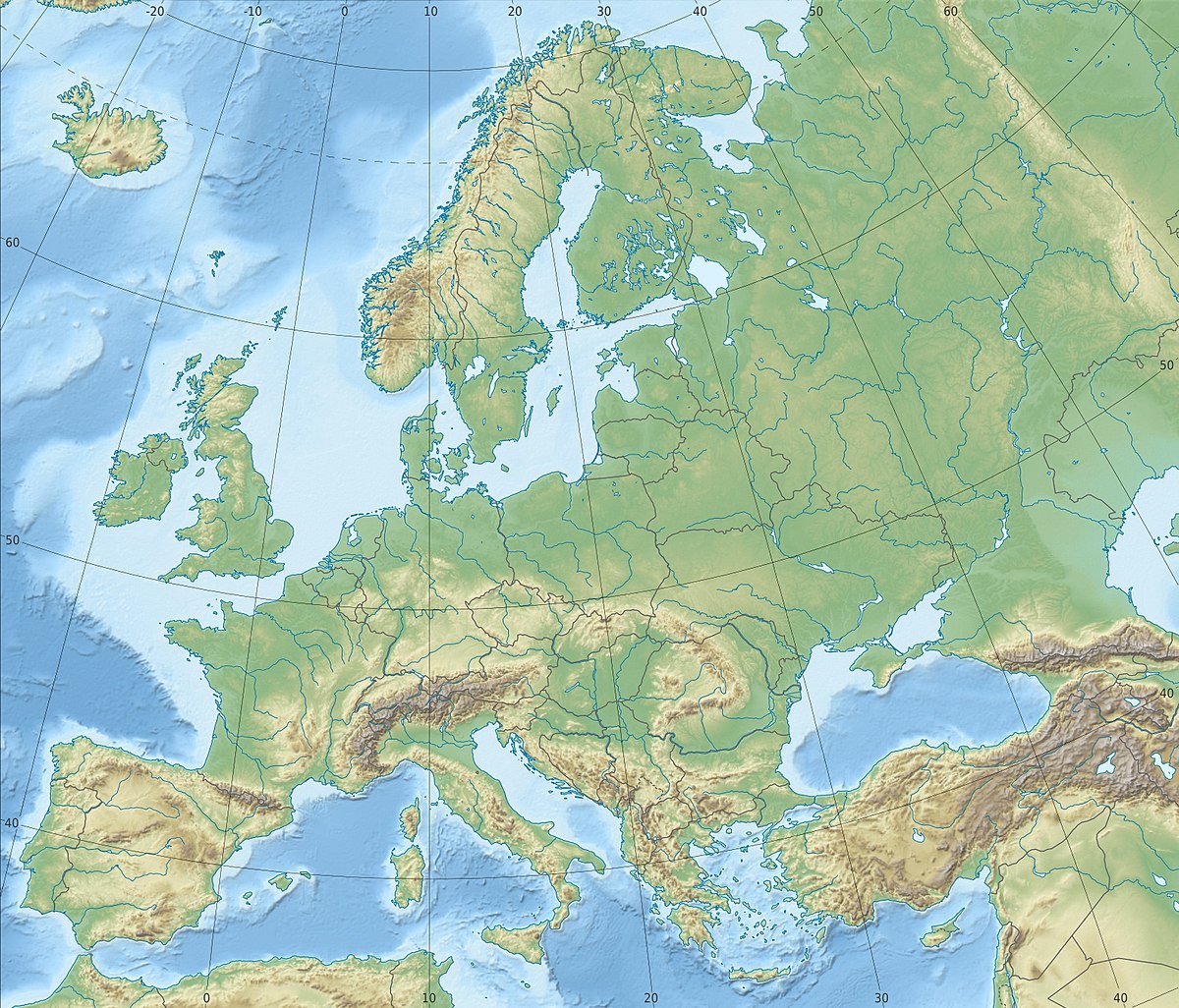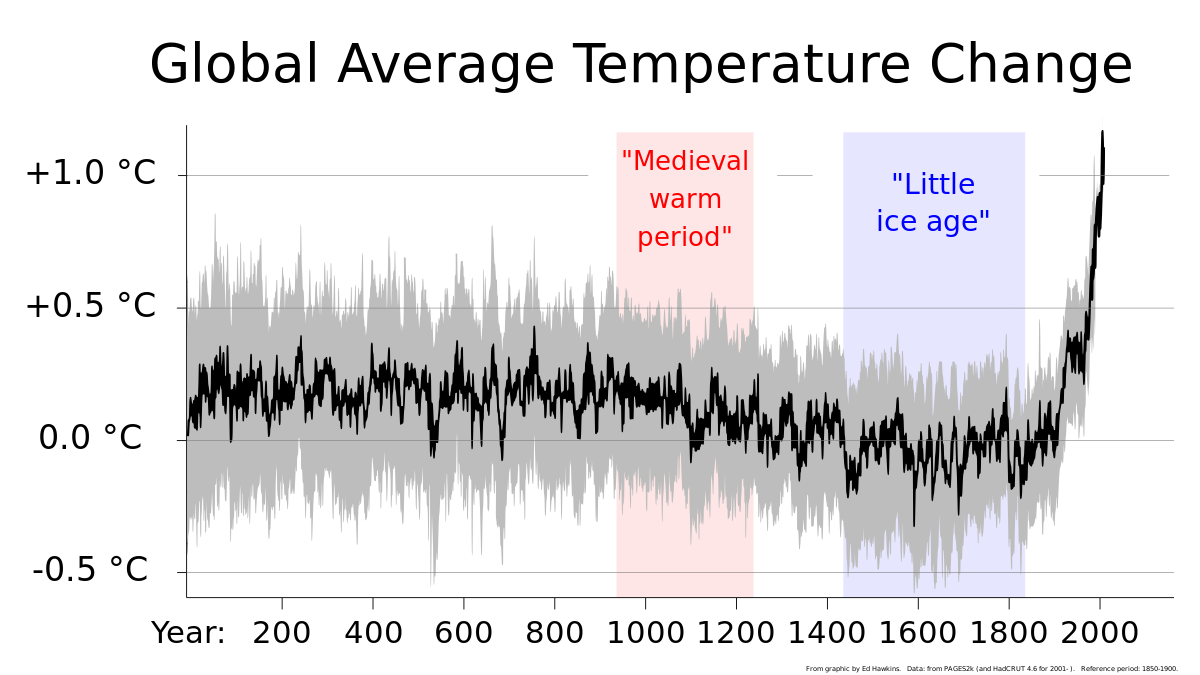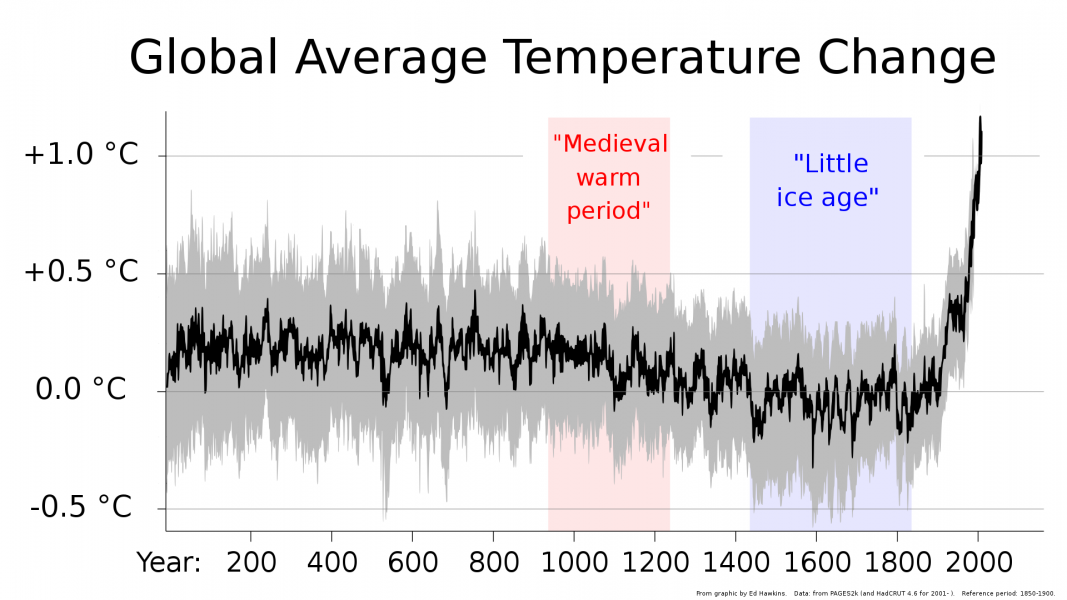What do you know? I have a Ph.D in Aerosol Chemistry. There may be warming but it is not clear that what degree of it human caused. And while it is warmer than it was in the 1880s, most of the world (that was paying attention to these things...ie. Northern Hemisphere) was just coming out of the little Ice age, where it was significantly colder than the longer average and probably was due to solar cycles.
We are currently in a (relative) warm period, akin to the medieval warm period or the Roman warm period: "For the first time, we can state the Roman period was the warmest period of time of the last 2,000 years, and these conditions lasted for 500 years,’ said Professor Isabel Cacho at the Department of Earth and Ocean Dynamics, University of Barcelona." BTW, this period was driven more by solar cycles and was warmer than now...think about it...
The point is that even if it is warming, this is generally better for humanity than worse. Sea level rise of mm/year means that people have CENTURIES to move...no one is at risk in the immediate or even mid-term time frame.
Severe weather? NOAA concluded that there is no indication that Hurricanes are more frequent than before...just easier to detect. Damage from them has more to do with how much is built up in the way of the storms now vs. the past.
Warmer climate in general means MORE water in the atmosphere, more rain and plants like it better. Higher CO2? Ask the plants how they like it (answer: they do).
What do i know?
Well given that I'm not contradicting the scientific consensus, that's irrelevant.
But as a horticulturalist i can tell you that plants are happiest with a co2 level of 1500ppm. The current levels are c450ppm (up in our lifetimes from 350ppm)
At 1000 ppm...well, don't take my word for it:
"For earlier geological times, CO2 concentrations and temperatures have been inferred from less direct methods. Those suggest that the concentration of CO2 last approached 400 ppm about 3 to 5 million years ago, a period when global average surface temperature is estimated to have been about 2 to 3.5°C higher than in the pre-industrial period. At 50 million years ago, CO2 may have reached 1000 ppm, and global average temperature was probably about 10°C warmer than today. Under those conditions, Earth had little ice, and sea level was at least 60 metres higher than current levels."
Source:
https://royalsociety.org/topics-policy/projects/climate-change-evidence-causes/question-7/
So given the above, and that at concentrations above 1000 ppm humans begin to experience fatigue and dizziness, we really DON'T want to rely on whether plants would be happier with higher co2 levels as a guide to what is best for the planet, do we?
Then you have made this laughable assertion:
"Sea level rise of mm/year means that people have CENTURIES to move...no one is at risk in the immediate or even mid-term time frame. "
Tell that to the people of Pakistan.
This isn't how it works, a gradually tiny increase of mm's per year. What you get is storm
inundation, so rather less benign:
Sea level rise – which human activity has very likely been the main driver of since at least 1971 according to IPCC AR6 – should be causing higher coastal inundation levels for tropical cyclones that do occur, all else assumed equal.
Source:
https://www.gfdl.noaa.gov/global-warming-and-hurricanes/
Then we have your cherry picked climate data.
"The phrase "Roman Warm Period" first appears in a 1995 doctoral thesis. It was popularized by an article published in Nature in 1999.[6]
More recent research, including a 2019 analysis based on a much larger dataset of climate proxies, has found that the putative period, along with other warmer or colder pre-industrial periods such as the "Little Ice Age" and "Medieval Warm Period," were regional phenomena, not globally-coherent episodes.That analysis uses the temperature record of the last 2,000 years dataset compiled by the PAGES 2k Consortium 2017.

en.m.wikipedia.org
So you are comparing a regional phenomenon, linked to increased solar output, with a global trend that departs from solar output.?
Interesting cherry picking.
Let's take a broader view, shall we?

en.m.wikipedia.org
From the article:
During the 1,900 years before the 20th century, it is likely that the next warmest period was from 950 to 1100, with peaks at different times in different regions. This has been called the Medieval Warm Period, and some evidence suggests widespread cooler conditions during a period around the 17th century known as the Little Ice Age. In the "hockey stick controversy", climate change deniers have asserted that the Medieval Warm Period was warmer than at present, and have disputed the data and methods of climate reconstructions.





